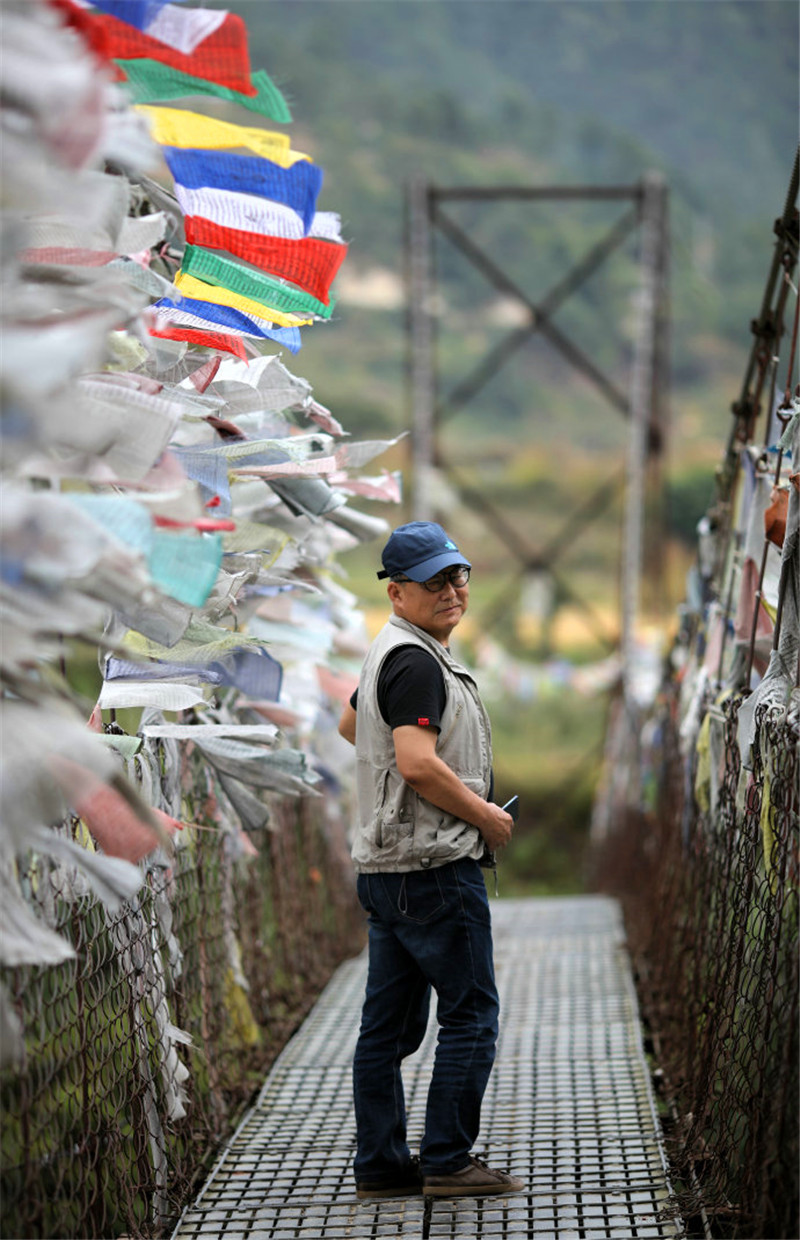Knowing Haibo (grasshopper eyes) is not long, to be precise, we can not be regarded as "acquaintance", although there is a lot of text exchange, but we have not yet met.
The first time I "met" Haibo was when he left a comment on my blog post about family history, affectionately calling me a fellow, and we have been referring to each other as "fellow" ever since. Later, I learned that we actually had a lot of mutual friends, but unfortunately we always missed the opportunity to meet.
Haibo's blog is a place I often patronize, knowing that Haibo has been obsessed with literature since childhood, although he later engaged in other jobs, but his dream of literature has never given up, with the medium of blogging, Haibo seems to have found the opportunity to express, a jade pearl like a text laid out, telling his loyalty and kindness, poverty and hardship (now it seems that I told him to lie about the picture). Haibo's writing is witty, funny and unbridled, but under the appearance of hip-hop, it is the author's extremely meticulous and careful spiritual world and extremely strong humanistic care.
"Literature and photography are the back feet of my life" This is Haibo's summary of his life. "Words make me nervous, and photography has cost me years of savings between my teeth." In his blog, there is a catch-up photo that is unforgettable: in the car on the road, a child sticks his head out of the window, his lips are biting his fingers, and he is staring at the outside world with curious eyes. This work reminds me of the French master of photography, Cartier. Bresson, Bresson believes that the "decisive moment" reveals the essence of things, the camera is the photographer's weapon, to keep it on standby at any time, and Haibo's work shows me the qualities of a professional photographer.
Haibo surprised me far more than this, and then he carried a camera, plunged into the street, lingered and stood under the eaves of Qingdao, and took this photo of the old Qingdao that we once knew and inadvertently forgot, but these photos recorded not the lost years, but the reality of the old Qingdao people living under the eaves of Qingdao. If the bustling and noisy Dongcheng District represents the present of Qingdao, then the dark and crowded old town can be seen as Qingdao's past and living history. History is the story of the other, and there is a school of historiography that believes that everything that happens is history, and in this sense, what haibo's lens records is already history.
In the series of photos under the eaves of Qingdao, Haibo uses strong chiaroscuro and low exposure settings to better express the dark and gloomy temperament in the old building. Dark door openings, mottled wall skins, decaying stairs, narrow aisles, but all this does not all point to the heavy, we often see in his photos is the child's bright smile, curious eyes, as well as lazy and quiet old man, the woman drying clothes, the neighbor brother in the vest, through the lens, we feel a warm force, for Haibo, who was born in Si, all this was once so familiar, and it is precisely because of familiarity that Haibo's lens will have the power to vibrate and deafening. These stories will not be the stories of the "other", these stories are soaked with the author's compassion and warm memories.
There is a school of almanacs in France, Braudel is the representative figure and integrator of the school of almanacs, and the traditional school of historiography advocates an "objective" and "scientific" view of historiography, and is keen on the study of politics, military, and diplomacy, and the school of annals advocates the study of "comprehensive history", especially the history of human material civilization, society and psychology, and extends the tentacles of research to people's clothing, food, housing, and travel. In his magnum opus, Material Civilization, Economy and Capitalism in the Fifteenth and Eighteenth Centuries, Braudel studied the "daily life" of Europeans in the fifteenth and eighteenth centuries and argued that the "structure" of "everyday life" was the decisive force of history. In his photographic works, Haibo also abandons the grand narrative, and even weakens the pursuit of aesthetics and technology, and keeps the vision in the daily life of the commoners, in those melancholy, trivial, and mediocre stories.
October 2008

Haibo (Grasshopper Eyes) Selected Photographs of Nepal
(The writer is the editor of Qingdao Daily Supplement, writer, and scholar visiting the United States)